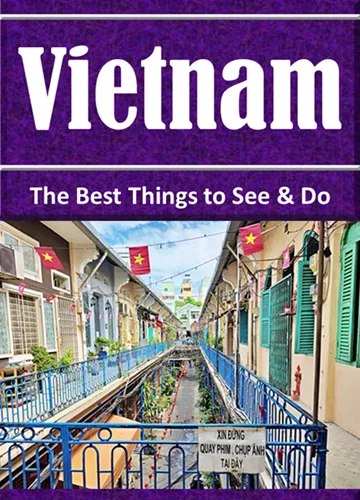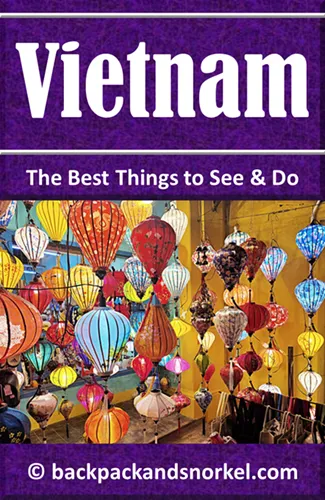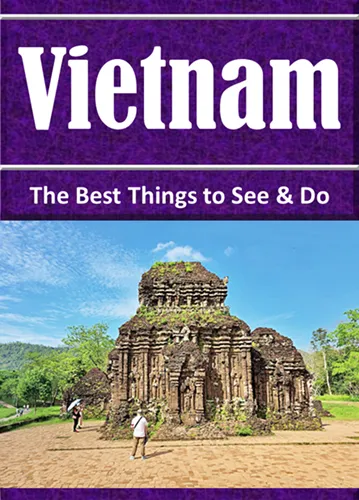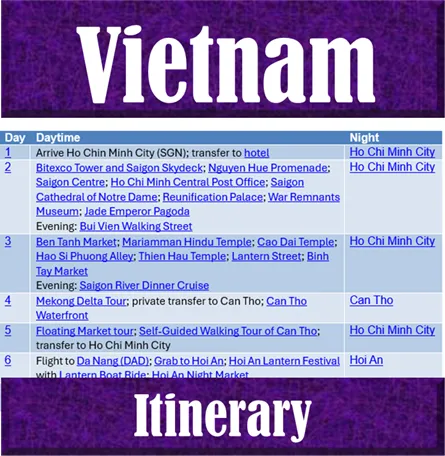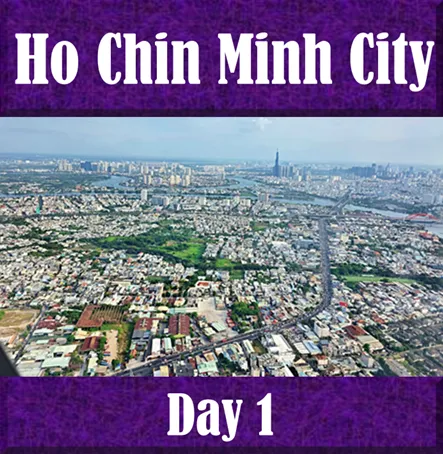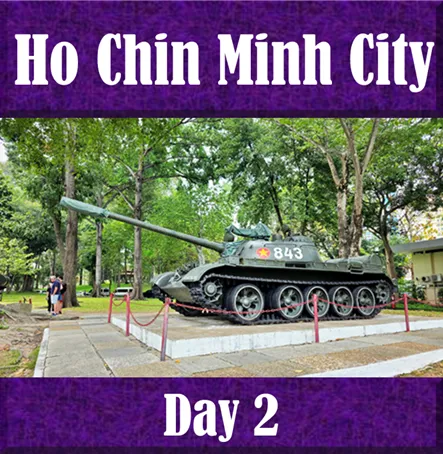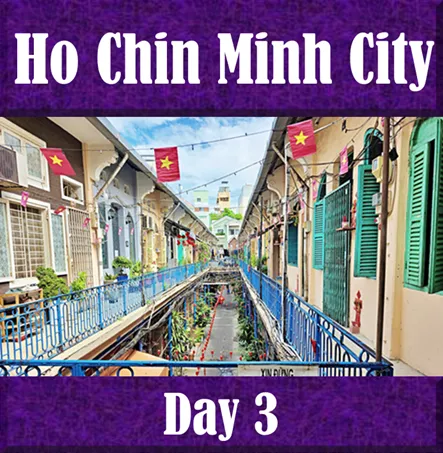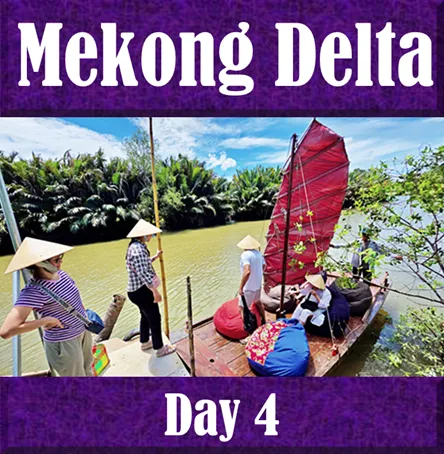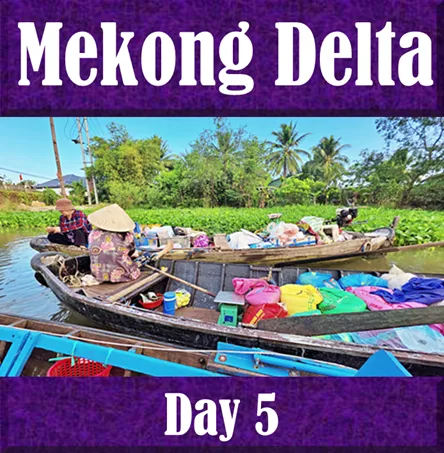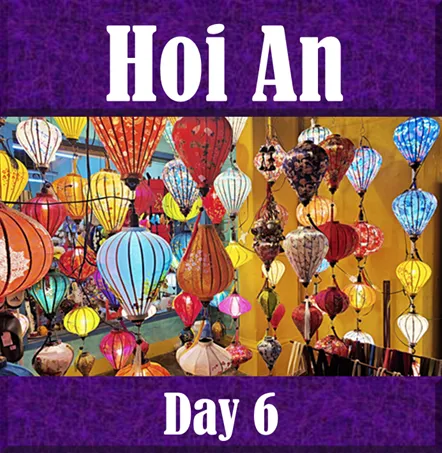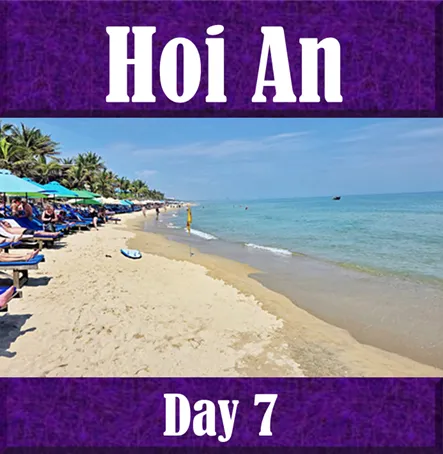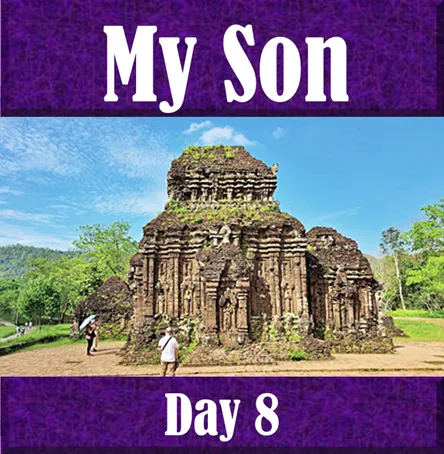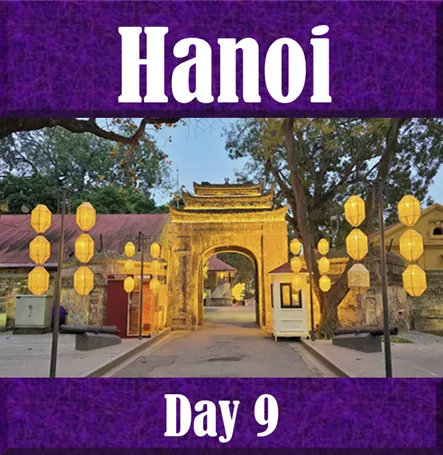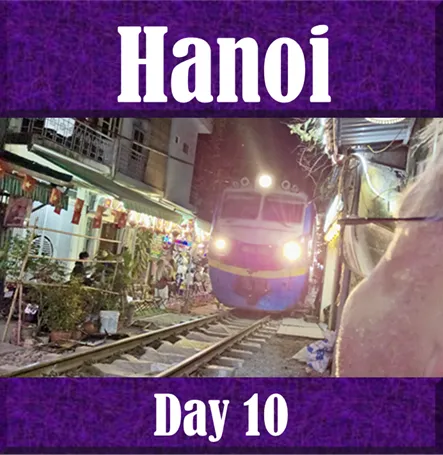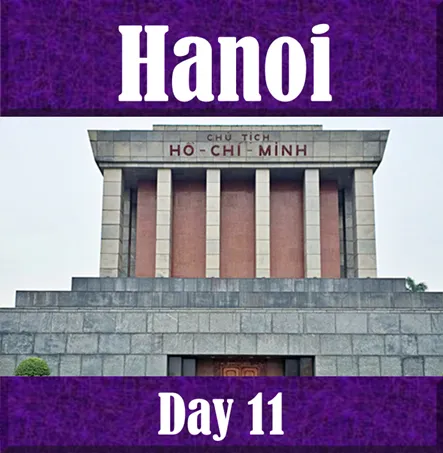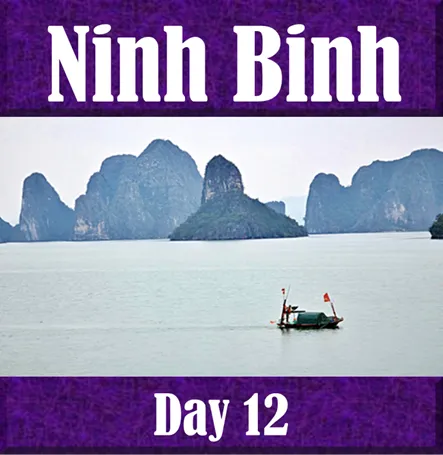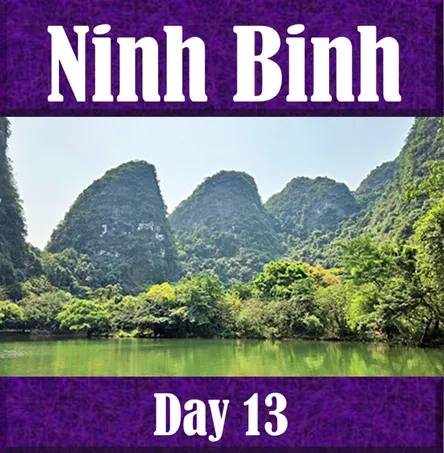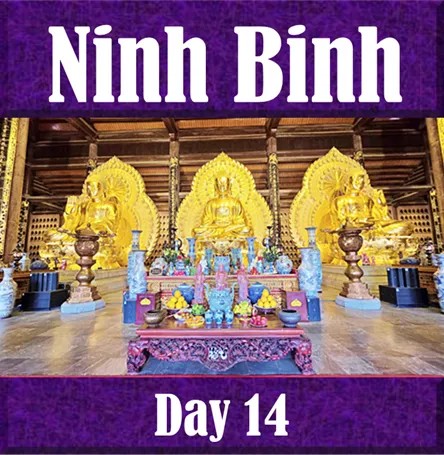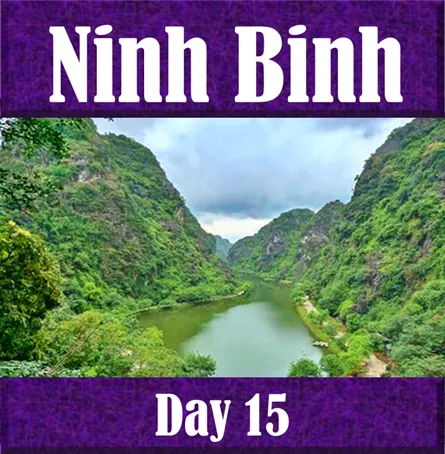Jade Emperor Pagoda in Ho Chi Minh City | Vietnam Purple Travel Guide
(map, reviews)
This is Premium Content! To access it, please download our
Backpack and Snorkel Purple Travel GuideWhen you are done with the War Remnants Museum, you may want to call a grab to get to the Jade Emperor Pagoda, or you can walk.
The Jade Emperor Pagoda (Chùa Ngọc Hoàng), also known as the Phước Hải Tự, is one of Ho Chi Minh City’s most atmospheric and spiritually significant temples. Built in the early 20th century by the city’s Chinese immigrant community, this ornate Taoist pagoda stands as a sanctuary of incense, intricate carvings, and centuries-old beliefs.
Often overlooked by rushed tourists, the Jade Emperor Pagoda is a hidden gem in Saigon which offers a peaceful retreat from the city’s chaos and a window into Vietnam’s diverse religious landscape. It is particularly popular with locals who come to pray for fertility, health, love, or success, making it a culturally authentic spiritual site.
Historical Background: A Temple Built by Cantonese Immigrants
The Jade Emperor Pagoda was constructed in 1909 by a Cantonese Chinese man named Liu Daoyuan (Lưu Minh or Lưu Đạo Nguyên). He built the temple in honor of the Taoist Jade Emperor, who presides over heaven and earth in Taoist cosmology. Originally named Ngọc Hoàng Điện (Hall of the Jade Emperor), the pagoda combines elements of Taoism, Buddhism, and Chinese folk religion, reflecting the syncretic spiritual culture of Vietnam’s Chinese-Vietnamese (Hoa) community.
Today, the temple is recognized as a national cultural heritage site and attracts not only Vietnamese and Chinese worshippers but also curious travelers like you who are drawn to its mystical ambiance.
Architectural Style and Spiritual Atmosphere
The pagoda’s architecture features Chinese-style roofs, carved wooden altars, coiled incense burners, and terracotta tilework, all crafted with symbolic detail. The walls are lined with ancient Chinese script and hand-carved panels depicting mythical scenes of deities, demons, and celestial court officials.
Main Hall – Throne of the Jade Emperor
At the center of the temple sits the statue of the Jade Emperor (Ngọc Hoàng Thượng Đế), seated high on a throne surrounded by his court of guardians. He is the supreme deity who judges the souls of the living and the dead.
A Presidential Visit: President Obama at the Jade Emperor Pagoda
The temple gained international fame in 2016 when US President Barack Obama visited during his official trip to Vietnam. His visit drew global media attention to the temple, raising its profile and placing it firmly on the map of must-visit cultural sites in Ho Chi Minh City.
Visitor Information
Opening Hours: Daily from 7am – 6pm
Admission: Free (donations are welcome)
Photography: Allowed, but avoid flash photography near altars
Dress Code: Modest clothing recommended
Here are some photos that we took:
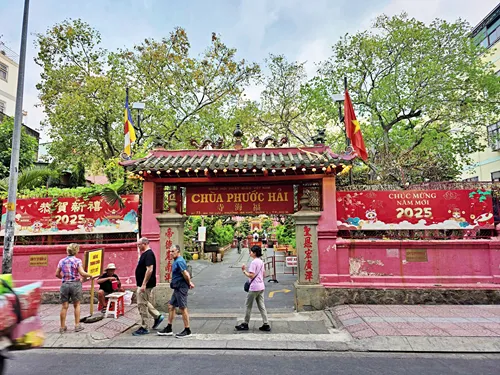
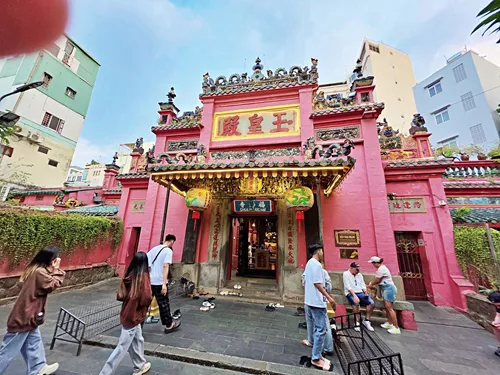
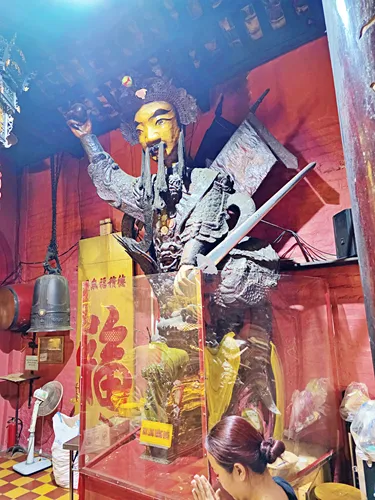
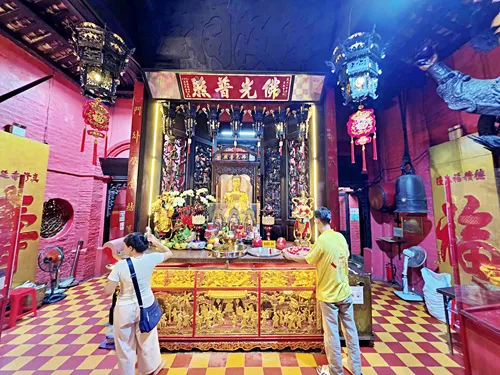
Here at Backpack and Snorkel Travel Guides, we promote self-guided walking tours.
But we realize that not everybody likes to walk by themselves in a foreign city. So, just in case that you rather go with ab guide: NO PROBLEM! Please see the GuruWalk and Viator tours below.
free GuruWalk tours
paid Viator tours
Where do you want to go now?
Author: Rudy at Backpack and Snorkel
Bio: Owner of Backpack and Snorkel Travel Guides. We create in-depth guides to help you plan unforgettable vacations around the world.
Other popular Purple Travel Guides you may be interested in:
Like this Backpack and Snorkel Purple Travel Guide? Pin these for later:

